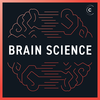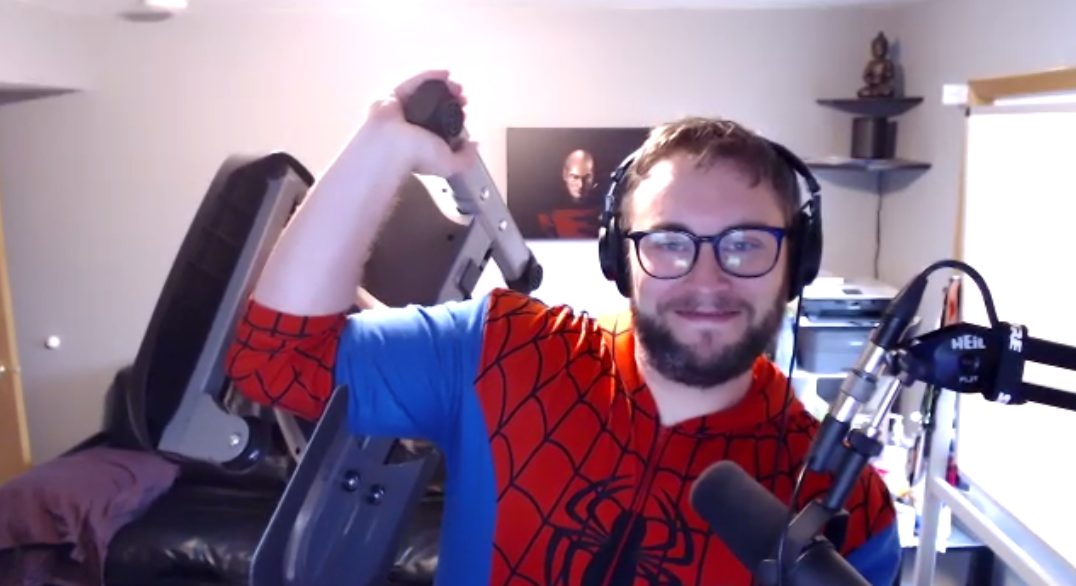Indeed's FOSS Contributor Fund
Duane O’Brien (head of open source at Indeed) joined the show to talk about their FOSS Contributor Fund and FOSS Responders. He’s super passionate about open source, and through his role at Indeed Duane was able to implement this fund and open source it as a framework for other companies to use. We talk through all the details of the program, its impact and influence, as well as ways companies can use the framework in their organization. We also talk about FOSS Responders an initiative to support open source that has been negatively impacted by COVID-19.





